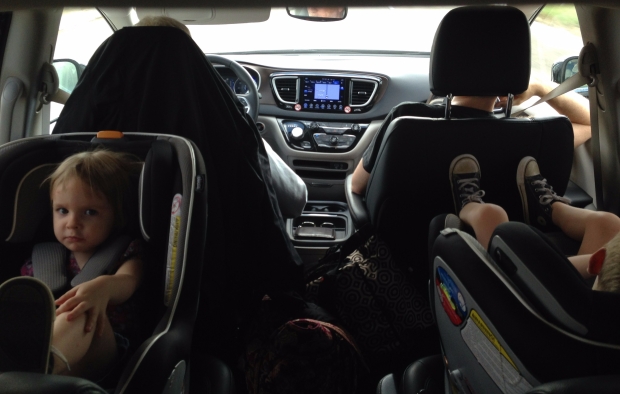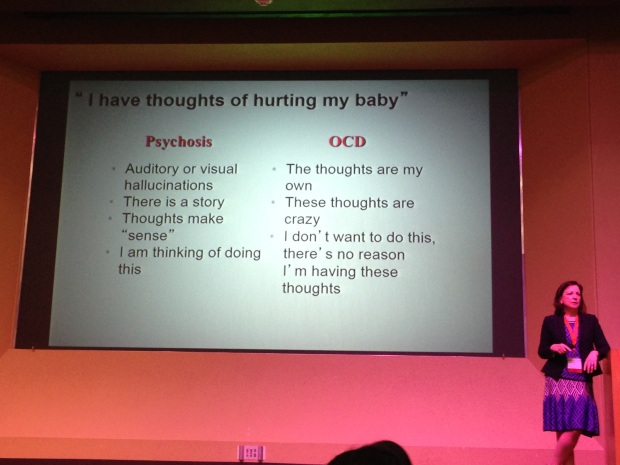USING YOUR MOM SKILLS TO CRUSH APPLICATION SEASON
by MaryBeth
Ever sit in class and wonder, how can these kids complain about not having time to study? I’ve got babies to feed, clothe, and put to bed. I haven’t eaten, I’ve got tons of housework to do…the list goes on and on. This, my friends, is how you succeed in the application cycle.
As a parent, you’ve already learned some of the most critical life lessons you’ll need to succeed in medical school and beyond. Your task during application/interview season is to intelligently articulate what you’ve learned and convince the committees that you belong in their next class of future docs. You need to highlight your already-honed ability to manage numerous tasks at once, your patience with difficult personalities, and your understanding of the immense responsibility involved in caring for others.
Here are some of the concepts I highlighted in my personal statement, supplemental essays, and interviews at several Texas medical schools:
“I will be a source of motivation and inspiration for my future classmates.”
Throughout your time in pre-med classes (or whatever you were doing to lead up to this juncture), you probably relished those moments when you got to talk about your kids and all the responsibilities you had ON TOP of studying. Now is the time to orient that sense of accomplishment toward the future. How will your rock-star work ethic help their school succeed? The answer: your willingness to work even harder to achieve your goals while caring for your family will motivate the other students in your med school class to be at their best. Using an example from your pre-med classes is a great way to illustrate this strength to admissions committees.
“I am mentally prepared for frustration, disappointment, and sacrifice.”
Let’s face it. Before you had children, did you really know what it meant to be exhausted? Had you used up every ounce of your energy to keep someone else happy, healthy, safe, and comfortable? Probably not. As a future physician, you will be tried and tested to your limits again and again. Starting the game with years of practice under your belt is a huge advantage and you should make sure everyone realizes this. In one of my faculty interviews, I was asked to describe how I like to work. I admitted that I prefer to work well ahead of schedule, tackling small chunks of projects to minimize my stress as the deadline approaches. The interviewer caught me off-guard by saying, “but what if you can’t do that?” I took a pregnant pause, and then answered, “I would do my best to figure out what the top priority was, and then I would get to work, realizing that I can only do what I can do – and stressing about the rest won’t help.” As a parent there have been SO. MANY. TIMES. when my mind has raced (and my pulse along with it), thinking of everything I had to get done. But when you’ve got a screaming child, you learn to prioritize. You have to prioritize. And you give up any preconceived notion of doing everything perfectly.
“I am motivated and I can do this.”
Confidence speaks volumes in any interview situation. Being self-assured yet still humble is a skill that most 22-year-olds have not yet perfected. You, on the other hand, have life experience that the majority of applicants do not, giving you a confidence that only comes with age. You’re ready to talk about your passion for medicine, your devotion to your family, and the difficult path you took to get to where you are. If you used an anecdote about parenting in one of your essays, be prepared to add more detail and humanity to your story in the interview. Challenges that you’ve overcome are popular topics among interviewers, so practice telling your story in a compelling way that emphasizes your ability to reflect and to adapt. Even in this day and age, interviewers may use the fact that you are a mother to question your ability to handle medical school. In fact, a female interviewer at UT Southwestern gave me a particularly hard time about this. Nervous as I was, I confidently countered her doubt with details about being an exhausted, working, pumping first-time mom to 6-week-old colicky baby. I felt sure I could handle anything medical school could throw at me.

Making it work: the best way to attend my Galveston interview was to have my in-laws fly down from Ohio, rent a van, and pile all 7 people (including the 5-month-old) in for the ride. Fun times!
If you have questions about essays or interviews, feel free to reach out in the comments! I’d love to hear about your experiences as well.





